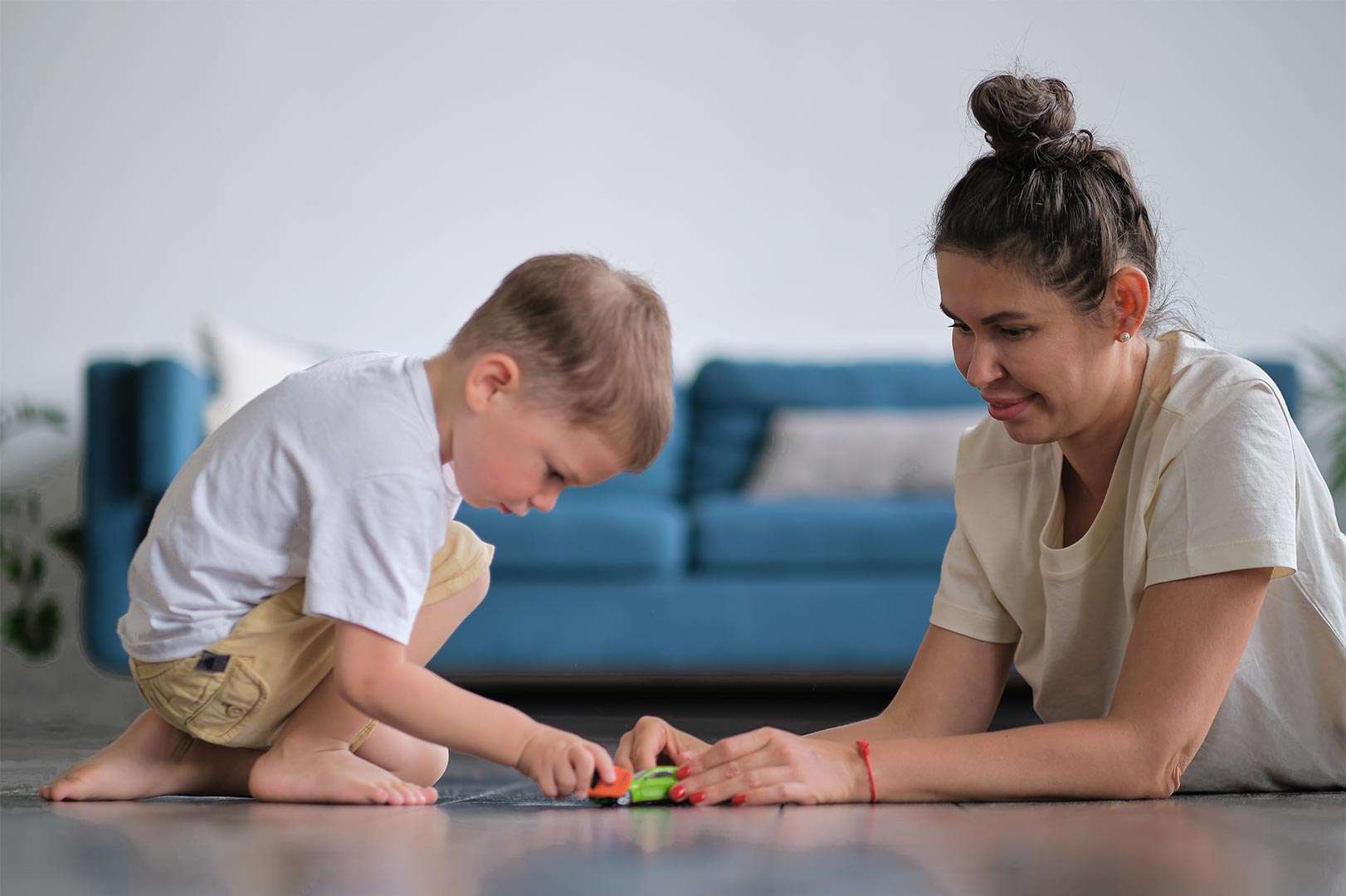Selective mutism is an anxiety disorder where a person is unable to speak in certain social situations, such as with classmates at school or to relatives they do not see very often. While often misunderstood as shyness or stubbornness, selective mutism is a complex condition rooted in intense anxiety and fear.
Prevalence and Symptoms:
Although estimates vary, selective mutism affects approximately 1 in 140 children globally. It typically appears between the ages of 2 and 6, though onset can occur later in childhood. Symptoms can manifest in various settings, such as school, social gatherings, or interactions with unfamiliar adults. Key indicators include:
- Inconsistent vocalisation: Individuals may speak freely at home with family but remain mute in public or school settings.
- Nonverbal communication: While unable to speak, individuals may communicate through gestures, facial expressions, or writing.
- Social anxiety: Underlying the silence is often a significant fear of social interaction or specific social situations.
- Emotional distress: Anxiety may manifest through physical symptoms like blushing, trembling, or avoidance behaviors.
Causes and Risk Factors:
The exact causes of selective mutism remain unclear, but research suggests a combination of genetic and environmental factors may play a role. Potential risk factors include:
- Family history of anxiety: Children with parents or siblings experiencing anxiety disorders are more likely to develop selective mutism.
- Temperamental factors: Children with shy or inhibited personalities may be more susceptible to social anxiety and selective mutism.
- Traumatic experiences: Significant life events like parental separation or bullying can trigger anxiety and contribute to selective mutism.
- Communication difficulties: Speech or language delays may increase anxiety surrounding communication and contribute to selective mutism.
Diagnosing and Supporting Selective Mutism:
Early diagnosis and intervention are crucial in managing selective mutism and minimizing its long-term impact. Parents, teachers, and healthcare professionals working collaboratively can implement an effective support plan.
- Assessment: A multidisciplinary approach involving pediatricians, speech-language pathologists, and psychologists is often necessary to rule out other conditions and provide a comprehensive diagnosis.
- Family-based therapy: Cognitive-behavioral therapy (CBT) is often the primary treatment modality. This therapy helps individuals understand and manage their anxiety, develop coping mechanisms, and gradually practice vocalization in safe environments.
- School-based interventions: Collaboration with teachers and school staff to create a supportive and anxiety-reducing environment at school is crucial.
- Communication strategies: Providing alternative communication options like writing, drawing, or assistive technology can empower individuals to express themselves while reducing pressure to speak.
Living with Selective Mutism:
While significant progress can be made with appropriate support, living with selective mutism can be challenging. Individuals may face social isolation, academic difficulties, and low self-esteem. Ongoing support and understanding from family, friends, and educators are essential in promoting confidence and communication skills.
If your child or someone you know exhibits signs of selective mutism, seeking professional guidance is crucial. Contact OrbRom Center Today!!!
By understanding this condition, recognizing its triggers, and accessing appropriate support, individuals with selective mutism can find their voice and thrive in a more understanding world.
Find out if your child needs extra support today!
- My child screams hysterically
- My child is mean to other children
- My child is always worried
- My child is scared to go to school
- My child is scared of loud noises
- My child doesn’t know how to read
- My child is scared to play outside
- My child does not respond to his name
- My child always gets in trouble
- My child fights with other children
- My child doesn’t know how to count
If you are concerned about your child’s development, contact us for Assessments: Phone/Telegram: 077.455.993 – Telegram Link: https://t.me/OrbRom
If you are concerned about your child’s development, contact us for Assessments.
Phone/Telegram: 077.455.993 Link: https://t.me/OrbRom






Leave A Comment